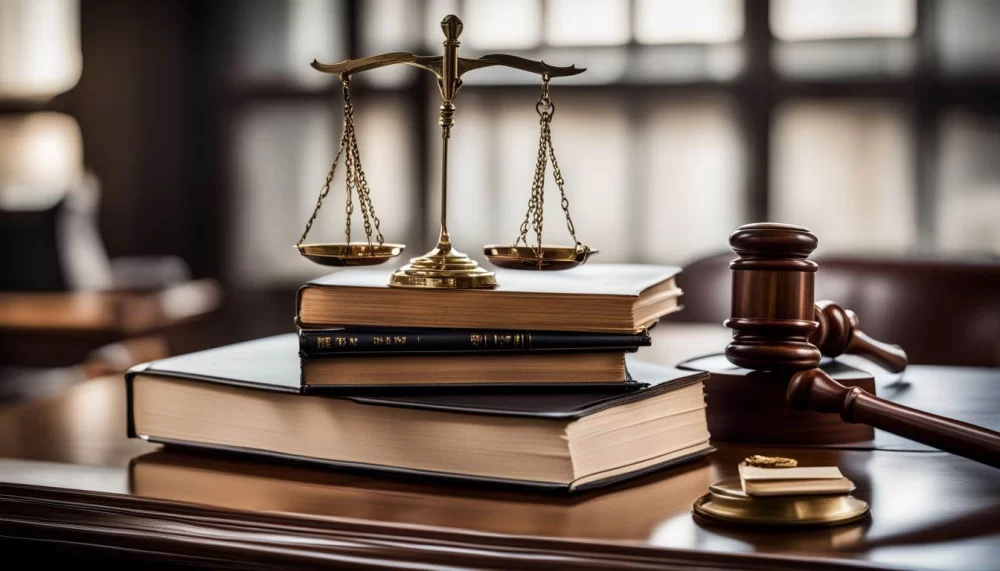Experienced Attorneys for Defamation Defense: What You Need to Know
In today's digital world, defamation can happen to anyone. With the rapid growth of social media and online platforms, accusations, insults, and false statements can spread like wildfire, damaging one's reputation. When faced with defamation, it's crucial to consult experienced attorneys who specialize in defamation defense. In this article, we explore how defamation defense works and why having the right legal representation is vital for protecting your reputation.
1. What is Defamation?
Defamation refers to any false statement made about someone that causes harm to their reputation. These false statements can be made in writing (libel) or spoken (slander). The key element in defamation is the falsity of the statement, as true statements, even if harmful, do not count as defamation. Defamation laws in the United States vary from state to state, but they all share common principles focused on protecting individuals from reputational harm caused by untrue statements.
2. How Defamation Affects Your Reputation
Reputation is one of a person's most valuable assets, and a defamatory statement can cause serious personal, professional, and financial consequences. In cases where false accusations are made, individuals may experience loss of business, damaged relationships, and emotional distress. The rise of social media has made it even more challenging to combat defamation, as harmful content can spread instantly to a vast audience, amplifying the damage.
For instance, consider the case of a successful entrepreneur who was falsely accused of embezzlement on social media. The accusations quickly went viral, leading to public backlash, loss of clients, and financial losses. Despite the claims being false, the damage to his reputation was significant. This is where experienced defamation defense attorneys come into play – they help navigate the complexities of defamation law and work to restore their clients' reputations.
3. Why You Need Experienced Defamation Defense Attorneys
When facing a defamation case, it's crucial to have an experienced attorney who understands the intricacies of defamation law and knows how to build a strong defense. Defamation cases can be complex and challenging to win, as they require proving that the statement was false, harmful, and made with a certain degree of fault. An experienced attorney can help you in the following ways:
- Assessing the Situation: An attorney will evaluate the defamation case to determine if you have a strong claim. They will look at the statement's content, where it was made, and the potential damage to your reputation.
- Filing a Lawsuit: If the defamation has caused significant harm, your attorney can help you file a lawsuit against the person or entity responsible for the false statements. This may include seeking monetary damages or requesting that the defamatory statements be retracted.
- Negotiating Settlements: In many cases, defamation cases can be resolved through negotiation and settlement without going to trial. An experienced attorney can help negotiate a favorable settlement on your behalf.
- Representing You in Court: If a defamation case goes to trial, having a skilled attorney is essential. They will represent you in court, present evidence, and argue your case effectively to protect your reputation.
4. The Legal Process of Defamation Defense
Defamation defense involves several stages, each requiring legal expertise and strategic planning. Here's a brief overview of the steps involved:
- Consultation: The process begins with a consultation with a defamation defense attorney who will assess the situation, understand the defamatory statement, and determine the best course of action.
- Gathering Evidence: To build a strong case, attorneys will collect evidence, including communications, witness testimonies, and any other relevant information that proves the statement is false and damaging.
- Defamation Lawsuit Filing: If a lawsuit is necessary, the attorney will file the case in the appropriate court. The lawsuit will outline the defamatory statement, the harm caused, and the legal grounds for the case.
- Discovery and Negotiation: During the discovery phase, both parties will exchange information. Attorneys may try to settle the matter outside of court to avoid lengthy litigation.
- Trial: If no settlement is reached, the case will proceed to trial. The attorney will present evidence, question witnesses, and argue the case before a judge or jury.
5. Defamation Defense in the Age of Social Media
Social media has created new challenges in defamation cases. False accusations or damaging statements can spread quickly across platforms like Twitter, Facebook, and Instagram. This rapid spread can cause widespread harm to a person's reputation in a short amount of time. The law is still catching up with these new developments, but experienced defamation attorneys can help their clients navigate the complexities of social media defamation cases.
For example, a high-profile celebrity once faced defamation on Twitter, where false rumors about their personal life went viral. The celebrity's legal team took swift action to file a lawsuit, forcing the spreaders of the false information to retract their statements and pay damages. Social media defamation cases require quick and decisive legal action, and experienced attorneys are crucial in protecting individuals from the lasting impact of online reputational harm.
6. How to Choose the Right Defamation Defense Attorney
Choosing the right defamation defense attorney can make all the difference in the outcome of your case. Here are some factors to consider when selecting an attorney:
- Experience: Look for an attorney who has experience handling defamation cases. They should have a proven track record of defending clients successfully in defamation lawsuits.
- Reputation: Research the attorney's reputation. Read client reviews, testimonials, and ask for referrals to ensure you're working with someone who is trusted and effective.
- Understanding of Defamation Law: Defamation law can be intricate. Choose an attorney who is knowledgeable about both the legal aspects and the practical strategies for defending against defamation claims.
- Communication: An attorney who communicates clearly and regularly with their clients will ensure you're kept informed throughout the legal process.
If you're facing defamation and need expert legal advice, consider reaching out to a trusted law firm like Fred Miller Lawyer for the best defamation defense services tailored to your needs. Protecting your reputation is crucial, and having the right attorney by your side can help you navigate the complexities of defamation law.


 dolly hassan
dolly hassan we the people attorney
we the people attorney fulmer law
fulmer law sugar law group
sugar law group david issapour
david issapour silva and silva
silva and silva